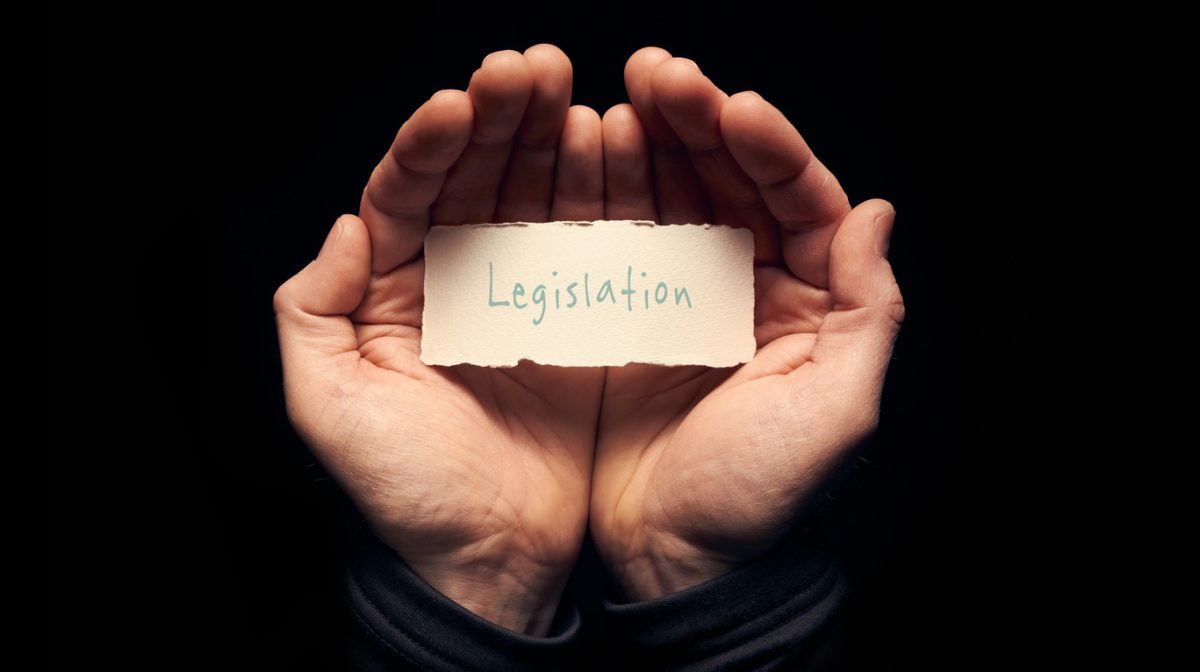Here’s a hard truth for parents: Big Tech knows more about your kids than you do.
Amazon, Apple, Facebook, Google, Twitter and so many more are vacuuming up countless bits of digital information about users. The details, when aggregated, paint a portrait of each person online that ordinary humans are unable to put together themselves.
These organizations may not know more about your kids’ personality than you do. But if your children are online, the people behind the websites they visit know an astonishing amount about their interests, taste, relationships and the things they desire and want to buy.
That’s true if your children have their own smartphone, tablet or laptop computer, but it even applies to information about your kids that you put online yourself. Across platforms and with no regard to the age of the users, Big Tech is tracking you.
What Big Tech Knows and How
As the Associated Press put it, “The companies gather vast data on what users read and like and leverage it to help advertisers target their messages to the individuals they want to reach.” For context, Facebook earned 99% of its money from ads in the previous year and Google’s corporate parent Alphabet saw 85% of revenue from ads, per the AP.
Meanwhile, Amazon records the details of not only each product you purchase, but also about what items you browsed for and compared before making a decision. If your kids are shopping online, Amazon has all that information about them, too. Though you and your family bear the cost, it’s a windfall for Amazon. AP noted that Amazon uses the user data it collects to boost the value of its ads. Ad sales revenue surpassed $10 billion in 2018 representing more than twice the earnings from the previous year (the latest statistics available). There is a huge financial incentive for Big Tech to know more about your kids than you.
In addition to boosting advertising and marketing for goods and services, the information collected by Big Tech about you and your family can include a whole range of other sensitive details. Think political affiliation, sexual preference and detailed geographical updates about where you live, work and vacation.
No Age Restrictions on Tracking
Big Tech companies track your whereabouts based on details from your smartphone as you are out and about. They know how old you are and where you spend time (shopping malls, churches, bars, and so on) to learn about demographics in your area and to target you even more precisely. If your kids have smartphones, Big Tech is tracking them in the same way. There are no age restrictions when it comes to tracking.
The information is used to predict as well as influence what you might be most interested in buying or which candidate you seem to favor for elected office. All the while, you’re presented with advertisements and “news” is fed to you in a curated, tailor-made experience.
Remember that it’s not just kids’ own online activity that Big Tech is tracking. These companies are also gathering information about the products that parents just like you are buying for their kids. They record what programs parents enroll their children in, what movies they watch and the photos that parents post online. All of this data is valuable to advertisers, which is why they take such pains to collect it on a massive scale.
What You Can Do
What are concerned parents to do under these circumstances? Part of your New Year’s resolutions could be to sit down and have a family discussion about the negative consequences that come from revealing so much information about ourselves.
The goal should be to emphasize security online and to protect your privacy from those who have no business snooping around your personal information.
Take steps to limit companies tracking you. Delete cookies when closing a web browser. Restricting how many personal details are posted online. Ask yourself if it’s really worth it to reveal your information to a new company by signing in using your Facebook credentials.
Maybe you’ll be less inclined to give up information to Big Brother when you consider just how much technology companies stand to benefit while you have so much to lose.
Reprinted with permission: privacyparent.com










